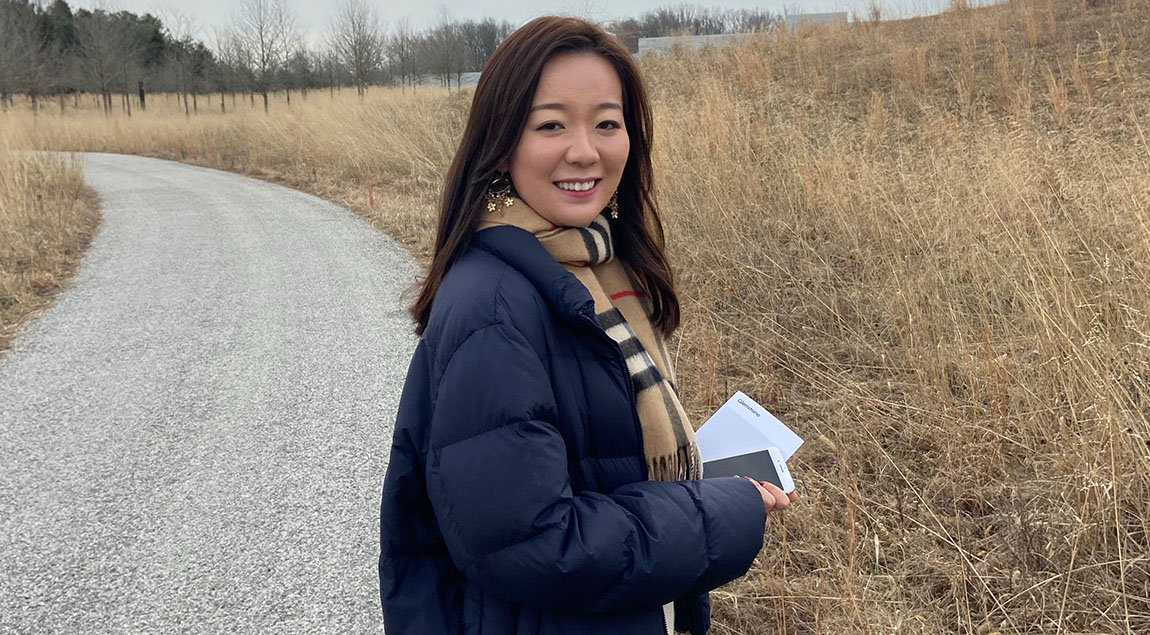Alum Helps Identify Gaps in COVID-19 Research
Yuxin Lei ’17 is part of a working group on gender and intersectionality research on COVID-19.By: Meghan Kita Thursday, June 18, 2020 03:49 PM
 Yuxin Lei ’17
Yuxin Lei ’17Now that COVID-19 has been in the global consciousness for upwards of half a year, dozens of working groups are seeking to identify the many gaps in existing COVID-related public health and social science research for future study. The groups were assembled by CONVERGE, described on its website as “a National Science Foundation-funded initiative headquartered at the Natural Hazards Center at the University of Colorado Boulder.” Yuxin Lei ’17, who just earned a master’s in international affairs from George Washington University this spring, is part of the gender and intersectionality research on COVID-19 working group.
“We have a report due in two weeks, so based on this report, we’re going to give some recommendations on how to fill the research gaps in post-pandemic studies, especially for vulnerable populations and marginalized groups,” says Lei, who was an international studies major with a minor in women’s & gender studies at Muhlenberg.
She became involved with the working group through her graduate school professor, anthropologist Jane Henrici, who’s leading the group. The two had already been collaborating on a project about the gender-differentiated effects of climate change on people in the Solomon Islands, a chain of islands in the South Pacific.
Each of the 20 members of the gender and intersectionality research working group is exploring a different topic. Lei is looking at the direct and indirect physical and psychological impacts of COVID-19 on children from an intersectional lens, mainly focusing on the Pacific Islands. For example, the Solomon Islands have had no confirmed cases of COVID-19, but the country largely shut down in response to the pandemic. This has resulted in infants and children being unable to receive critical immunizations. She’s also examining things like the mental health effects of isolation in children and adolescents and difficulties learning during school closures.
Lei and other working group members are compiling the research that does exist in order to see what’s missing. For example, some of the existing research she’s found does not break down how different age ranges are affected by a given issue, or whether boys are affected differently from girls.
“That’s the whole point of our research working group,” she says. “We’re taking it from an intersectional perspective—not just looking at one single identity but looking at all the overlapping categories of identities.”
